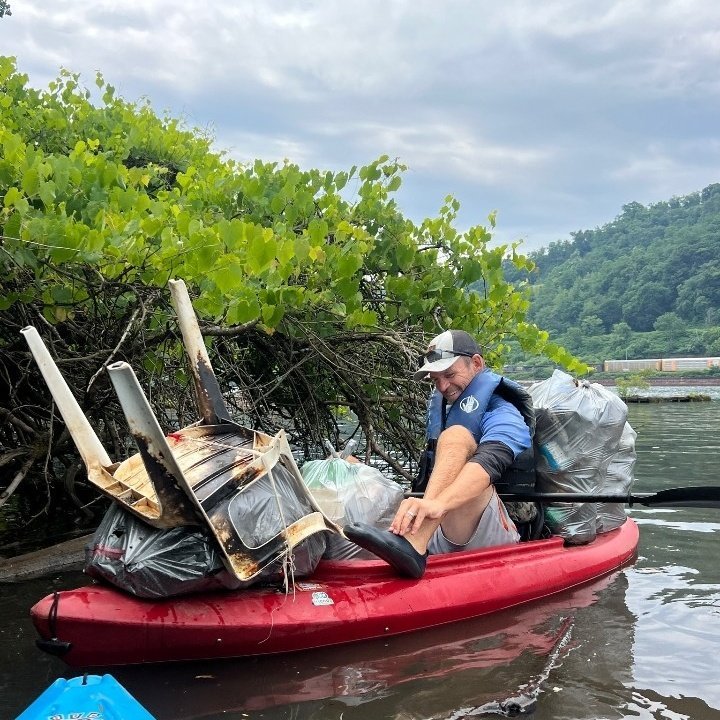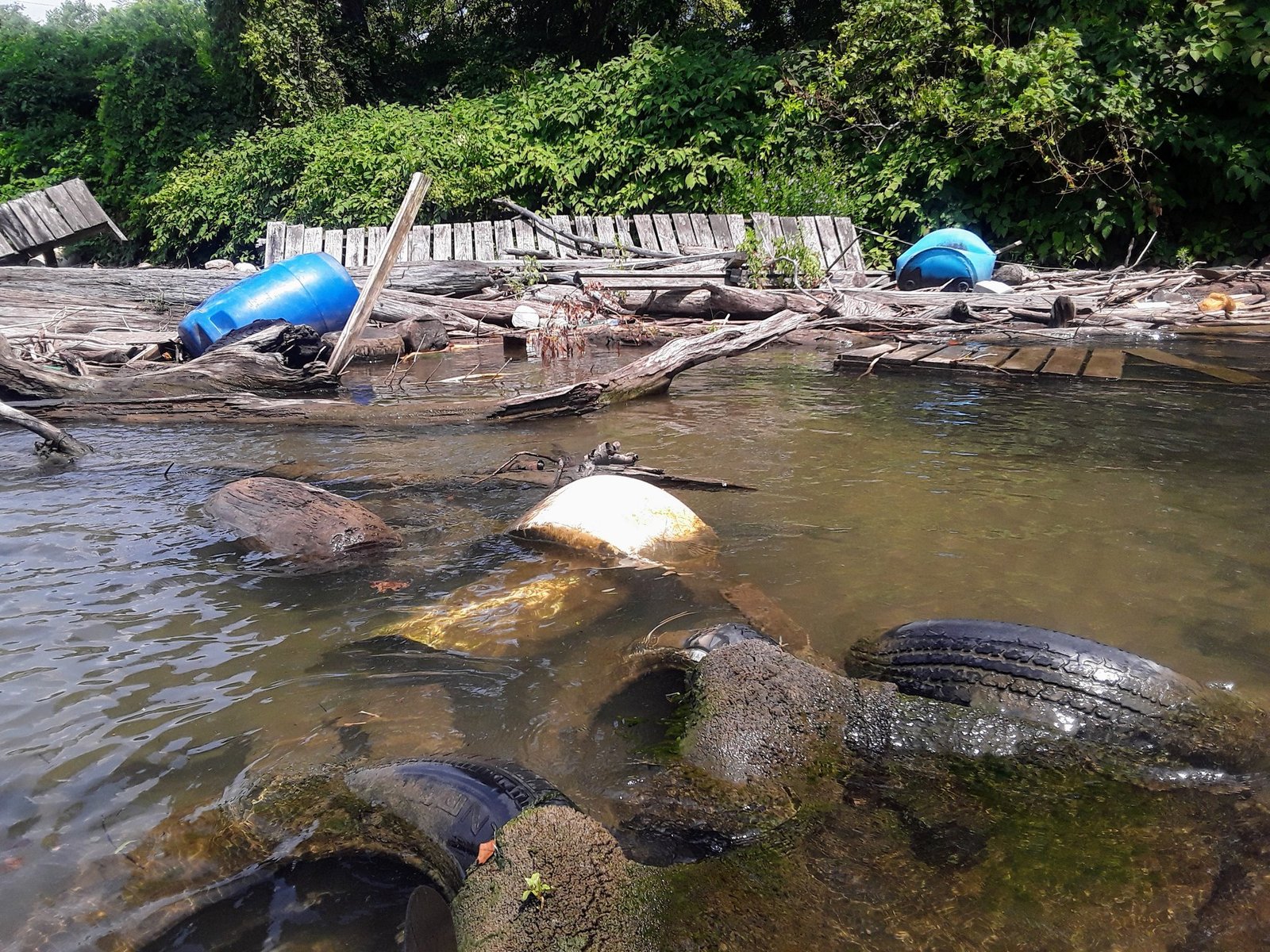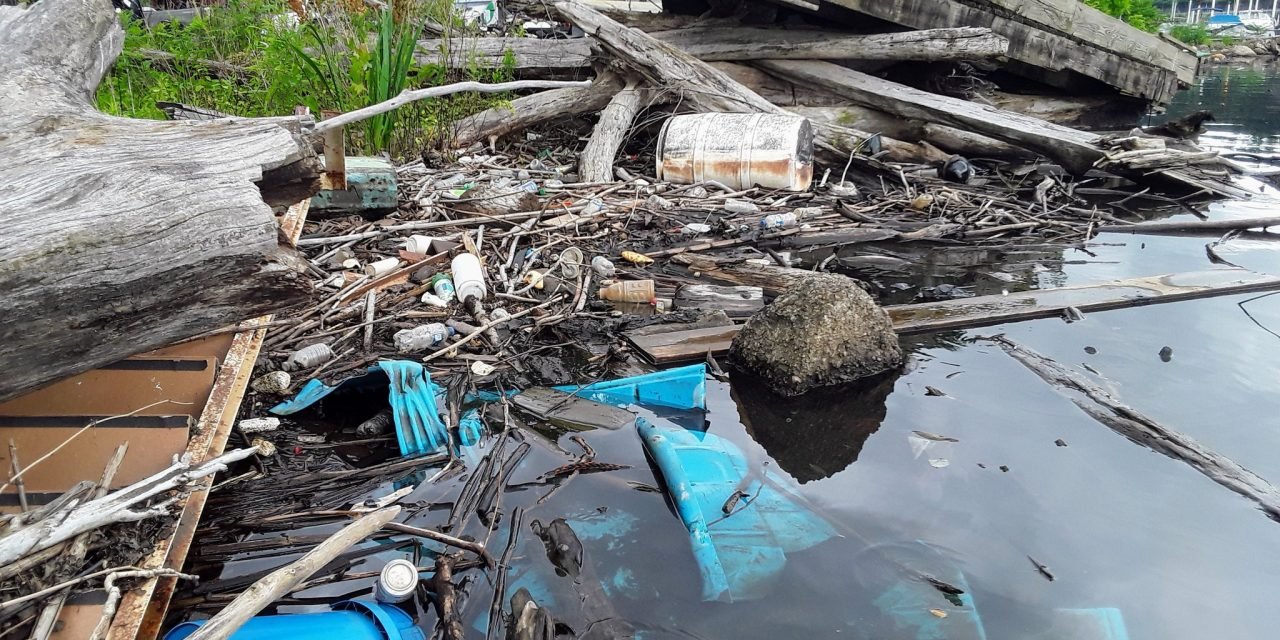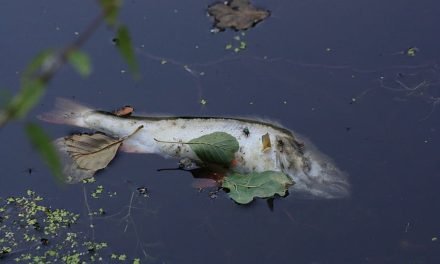Pittsburgh, known for its historic steel industry, is grappling with a modern challenge that threatens its natural beauty and local ecosystem – litter pollution in the Ohio River.
In an exclusive interview, Tom Ross, a lifelong resident of Pittsburgh and a passionate advocate for a cleaner planet, shared his insights into the pervasive issue.

Photo of Tom Ross, an advocate for a cleaner planet.
Having grown up in the city and continued to reside there, Tom Ross’s connection to Pittsburgh runs deep. He has taken it upon himself to confront the litter problem head-on through regular cleanups of the Ohio River.
When asked about the types of litter he frequently encounters, Ross points to plastic drink bottles as the most common culprit.
What are the main reasons behind the Ohio River’s litter pollution?
The reasons behind this litter issue are complex but rooted in societal habits. Ross believes that the convenience-driven, single-use culture prevalent today contributes significantly to the problem. In his opinion, the transition to a more re-use oriented culture is crucial in curbing litter pollution.
The consequences of litter pollution are far-reaching. Ross emphasizes that it not only contaminates the river and endangers wildlife but also poses health risks to humans.
Beyond the environmental implications, he notes that the unsightly appearance of a litter-strewn river can negatively impact the community’s morale.

litter pollution in Pittsburgh’s Ohio river. photo by Tom Ross
Efforts to combat this issue have taken various forms. While Pittsburgh has focused on cleaning up the city, the same dedication has not yet translated to a cleaner river. Non-profit organizations play a pivotal role in addressing litter and illegal dumping, but the scale of the problem often overwhelms their capacity.
Ross himself is actively engaged in the battle against litter pollution. He dedicates a substantial amount of time to river cleanups, personally removing debris multiple times a week.
Utilizing social media, he aims to educate and raise awareness about the extent of river pollution, sharing images and videos that showcase the gravity of the situation.
It took 5 #Earthcleanup bags of #Litter including 164 bottles of #plasticpollution to improve this mess on #Pittsburgh's Ohio River today.
That's 99 bags in 2 months on 1 mile of river.
Think about what we're doing???? pic.twitter.com/tVQmAKJtMk— TommyPicsUpTrash (@TJRPitt) July 19, 2023
What are the possible solutions for the Ohio River’s pollution?
When it comes to solutions, Ross emphasizes the power of both individuals and governmental intervention. While individual efforts can make a difference, he underscores the need for legislation and education to achieve a substantial impact. He points to the importance of educating children and adults through advertising and anti-litter campaigns.
Ross also acknowledges a critical gap in awareness within local communities. He believes that many residents remain uninformed about the impacts of litter pollution and the extent of river contamination. His personal mission is to “sound the alarm,” urging the community to recognize and address this crisis.
Innovative solutions are necessary to address this issue at its root. Ross identifies educating future generations and raising awareness among adults as potential effective measures.
Ross also points to addressing the city’s storm drain infrastructure can reduce the litter pollution that goes to the river. ross believes Many storm drains in Pittsburgh act as conduits for street litter, channeling it directly into the waterways without adequate protection.

Ross believes this type of drain can reduce Pittsburgh’s Ohio River pollution. photo: tom ross
The story of Pittsburgh’s Ohio River is one of both challenge and hope. Tom Ross, embodying the spirit of community engagement, serves as a beacon of change. His tireless efforts to tackle litter pollution underscore the importance of collective action and governmental support in safeguarding the environment for current and future generations.
Click Here to report the pollution in your community to Nopolluting.










